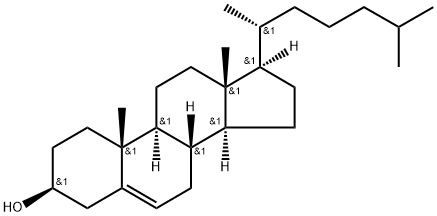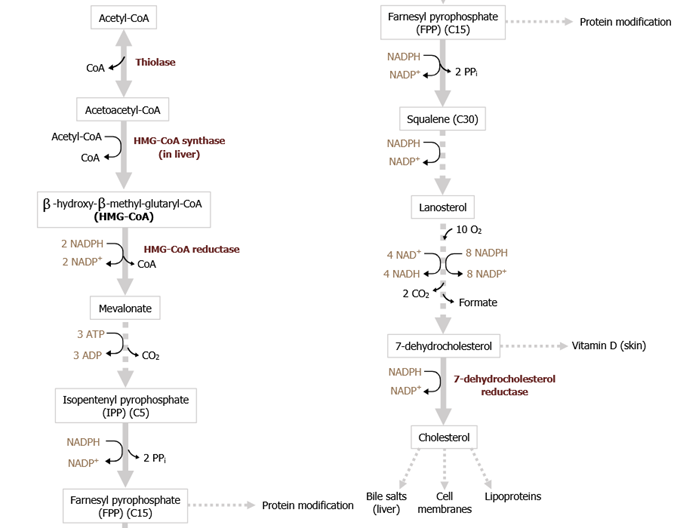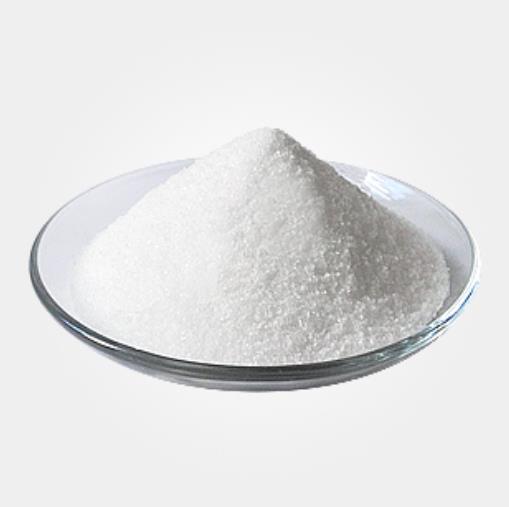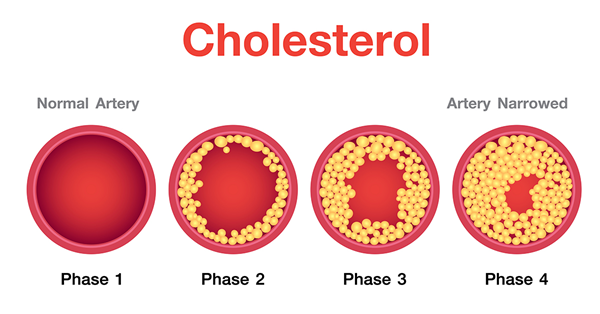Understanding of Cholesterol
What is cholesterol?
Cholesterol is a waxy, fat-like substance that's found in all the cells in your body. Your body needs some cholesterol to make hormones, vitamin D, and substances that help you digest foods. Your body makes all the cholesterol it needs. Cholesterol is also found in foods from animal sources, such as egg yolks, meat, and cheese.
If you have too much cholesterol in your blood, it can combine with other substances in the blood to form plaque. Plaque sticks to the walls of your arteries. This buildup of plaque is known as atherosclerosis. It can lead to coronary artery disease, where your coronary arteries become narrow or even blocked.
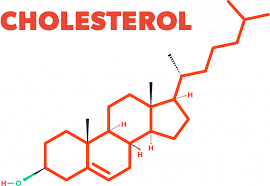
What are the different types of cholesterol?
Cholesterol does not travel freely through the bloodstream. Instead, it is attached or carried by lipoproteins (lipo = fat) in the blood. There are three types of lipoproteins that are categorized based upon how much protein there is in relation to the amount of cholesterol.
Low-density lipoproteins (LDL) contain a higher ratio of cholesterol to protein and are thought of as the “bad” cholesterol. Elevated levels of LDL lipoprotein increase the risk of heart disease, stroke, and peripheral artery disease, by helping form cholesterol plaque along the inside of artery walls. Over time, as plaque buildup (plaque deposits) increases, the artery narrows (atherosclerosis) and blood flow decreases. If the plaque ruptures, it can cause a blood clot to form that prevents any blood flow. This clot is the cause of a heart attack or myocardial infarction if the clot occurs in one of the coronary arteries in the heart.
High-density lipoproteins (HDL) are made up of a higher level of protein and a lower level of cholesterol. These tend to be thought of as “good” cholesterol. The higher the HDL to LDL ratio, the better it is for the individual because such ratios can potentially be protective against heart disease, stroke, and peripheral artery disease.
Very low-density lipoproteins (VLDL) contain even less protein than LDL. VLDL like LDL has been associated with plaque deposits.Triglycerides (a type of fat) may increase cholesterol-containing plaques if levels of LDL are high and HDL are low.
Total cholesterol score is the sum of HDL cholesterol, LDL cholesterol and 20% of triglycerides as determined by a blood test. A high score indicates an increased risk for developing cardiovascular disease and/or strokes.
Why cholesterol matters?
Cholesterol circulates in the blood. As the amount of cholesterol in your blood increases, so does the risk to your health. That’s why it’s important to have your cholesterol tested, so you can know your levels.
There are two types of cholesterol: LDL cholesterol, which is bad, and HDL, which is good. Too much of the bad kind, or not enough of the good kind, increases the risk that cholesterol will slowly build up in the inner walls of the arteries that feed the heart and brain.
You may like
Related articles And Qustion
Lastest Price from Cholesterol manufacturers

US $0.00-0.00/kg2025-04-22
- CAS:
- 57-88-5
- Min. Order:
- 1kg
- Purity:
- 99%
- Supply Ability:
- 20MT

US $0.00/KG2025-04-22
- CAS:
- 57-88-5
- Min. Order:
- 1KG
- Purity:
- 0.99
- Supply Ability:
- 1000KG
